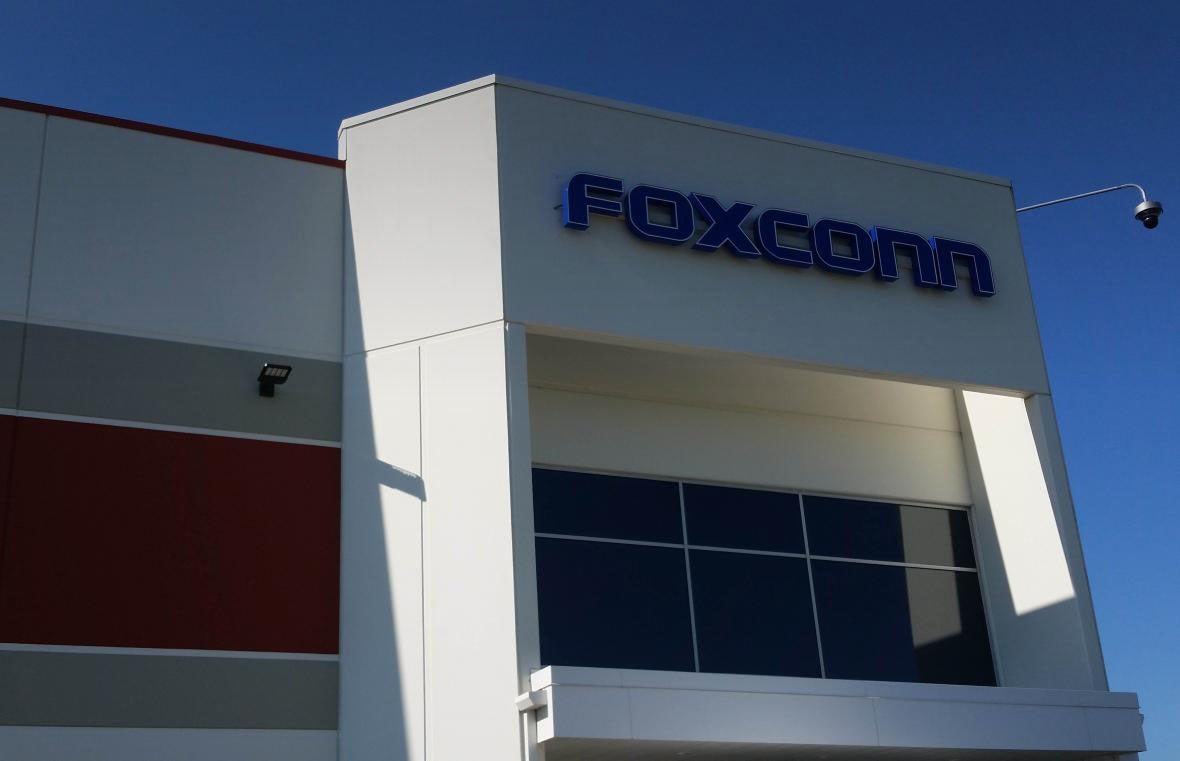With signs the trade war between the United States and China are deepening, economists say Foxconn will continue to suffer, but in Wisconsin there could be some benefits.
President Donald Trump tweeted last week that beginning Sept. 1, $300 billion worth of goods from China currently being taxed at 10 percent, will be subject to a 15 percent tariff. And beginning Oct. 1, $250 billion worth of other goods will be subject to tariffs of 30 percent, up from the 25 percent previously announced.
Foxconn makes more than half of its money by manufacturing Apple products in China. Because of the tariffs, the company will continue to look for ways to manufacture more products domestically, said Erik Johnson, a professor of economics at Carthage College.
News with a little more humanity
WPR’s “Wisconsin Today” newsletter keeps you connected to the state you love without feeling overwhelmed. No paywall. No agenda. No corporate filter.
“I think that fit very well into the idea with the trade war of wanting to produce a lot more in the U.S.,” Johnson said. “In a very narrow sense, this could be good news for the plant.”
Foxconn executive Young Liu spoke at an investor conference in June about the importance of the Wisconsin project, according to a published report in Nikkei Asian Review. Liu said in addition to LCD screens, the Mount Pleasant plant will also build “servers, networking products and automotive central controls.”
But Johnson emphasized tariffs will hurt Foxconn overall.
“Many of their goods are still imported from China and subject to tariffs,” Johnson said. “Most of the iPhones are not assembled in the U.S. and tariffs are involved somewhere in the middle.”
Earlier this month, Foxconn began construction on its long-awaited 1-million-square-foot manufacturing plant in Racine County.
Foxconn’s plans have changed several times since announcing its intent to build flat screens in Wisconsin in 2017 with a 22 million-square-foot Gen 10 plant. Foxconn officials said market changes prompted the company to shift to a smaller Gen 6 facility. There have also been reports of Foxconn exploring the sale of its $8.8 billion display panel factory in China, but the company has not commented on that.
Company officials would not comment on the escalating trade war.
Russ Kashian, the director of the University of Wisconsin-Whitewater’s Fiscal and Economic Research Center, said while Foxconn might be thinking of increasing production in the U.S., the company might also be wondering what Trump is planning next.
“Foxconn has to sit back and say, if we are conducting a trade war with China, is Korea next?” Kashian said. “There is a sense of instability in international trade that doesn’t necessarily stop at China. They might be questioning whether they want to get caught up in this.”
Johnson said he expects a warming of trade relations after the 2020 presidential election.
“Either by the administration or there will be a clear need — potentially with a recession — that we need to better collaborate across economies to ease the pain this is really causing to a lot of business,” Johnson said.
Wisconsin Public Radio, © Copyright 2026, Board of Regents of the University of Wisconsin System and Wisconsin Educational Communications Board.





